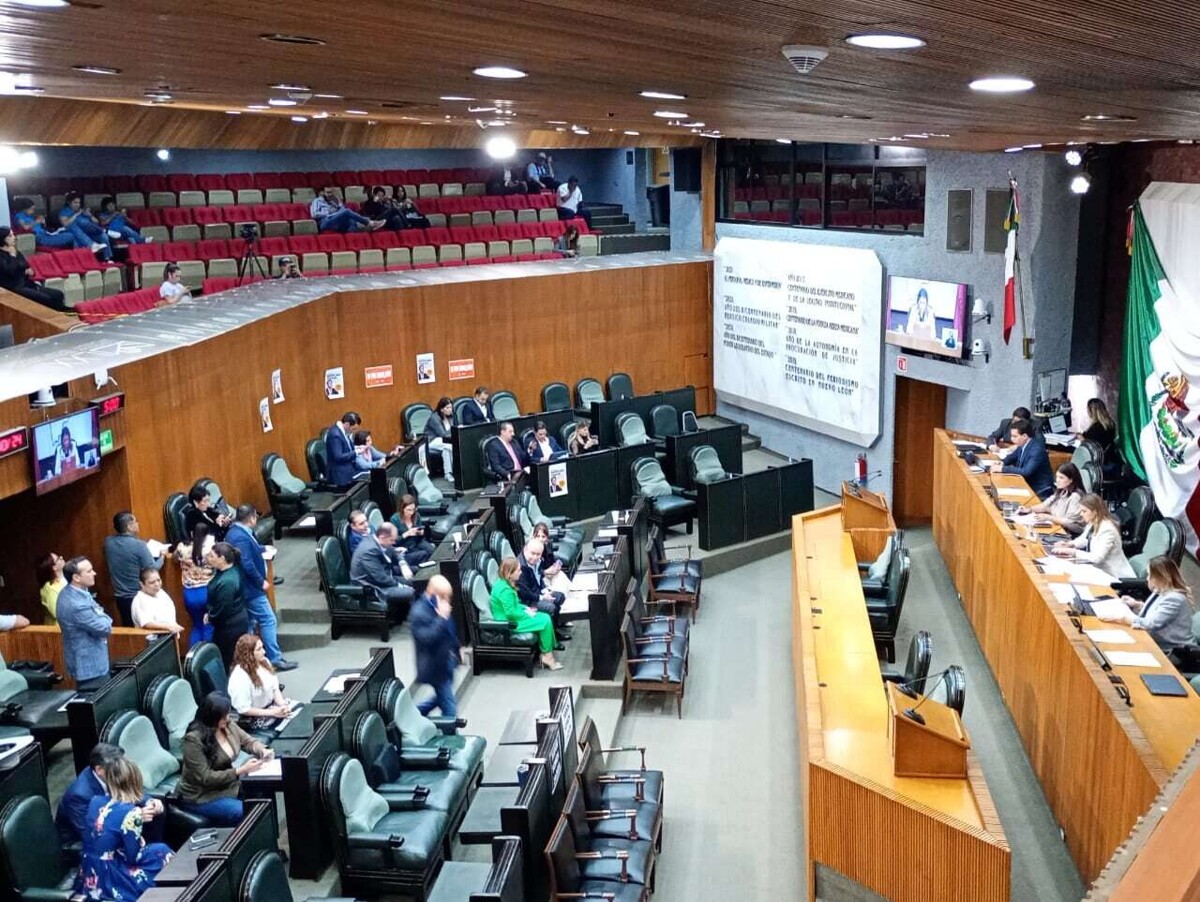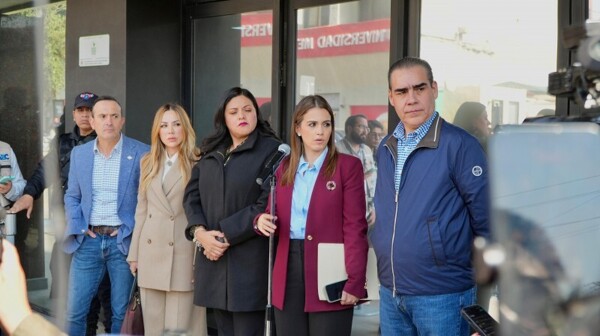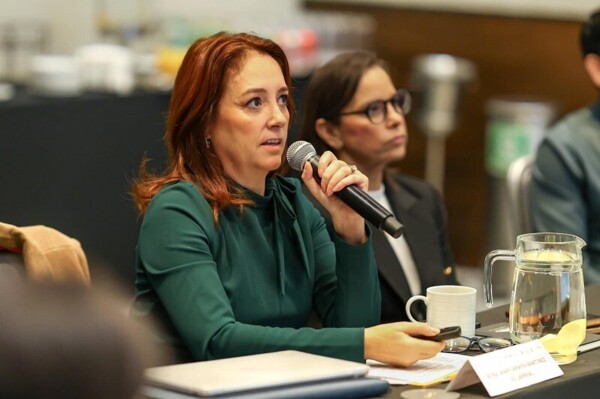
The Congress of Nuevo León approved the increase in cadastral values in Monterrey and other municipalities with the rejection of Morena and the Labor Party, but with the approval of the rest of the factions. The increase, which will reach up to 31% in 2025, was requested by the municipality of Monterrey.
Armida Serrato, president of the First Commission of Finance in the Legislature, emphasized that the request met all legal requirements. The Appraisers of Nuevo León considered the increase as a technical issue and not a political one, and it was endorsed by 32 legislators.
The Legislative Group of Morena voted against the increase not only in Monterrey but also in other municipalities such as San Nicolás, Santiago, Allende, Apodaca, Guadalupe, and Escobedo. Mario Soto, coordinator of the Morena bench, questioned the decision of the other deputies and its impact on the economy of families.
Berenice Martínez, vice-coordinator of the Legislative Group of Morena, expressed her concern about the effect this adjustment will have on low-income sectors, where the payment of property taxes competes with basic needs such as food, health, and education. Brenda Velázquez also pointed out that the increases will negatively impact revenue collection and could lead to an increase in delinquency.
The Labor Party also did not endorse the cadastral increases, arguing that they would impose excessive burdens on the population. Deputy Lupita Rodríguez spoke against the increases, especially without a study to support them and without consulting the citizenry.
Rodríguez reminded of the commitment made during the electoral campaign not to raise taxes and criticized the Congress's decision for directly affecting taxpayers. She emphasized the importance of considering vulnerable sectors and the need to update values prudently and technically.
Amid the discussion, some municipalities received support for cadastral adjustments, while in Apodaca and Guadalupe, green light was given for new subdivisions, marking a debate on the sensitivity required in decisions that affect thousands of families in Nuevo León.














